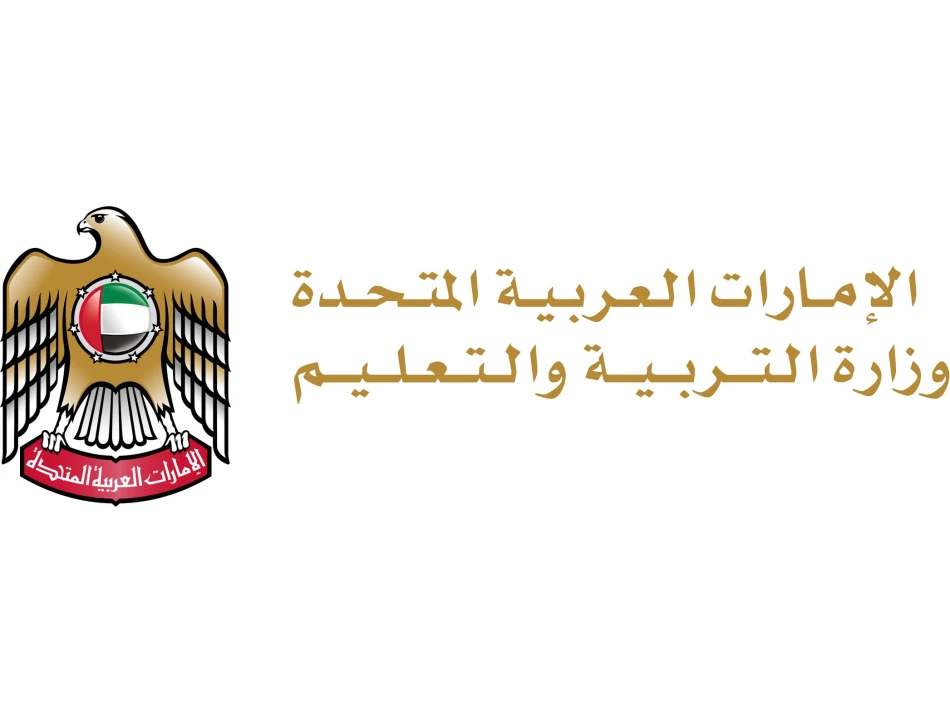
State Schools Welcome Educators and Administrators Back for New Academic Year
UAE Overhauls School Calendar Structure in Major Education Reform
The United Arab Emirates is implementing a comprehensive restructuring of its academic calendar starting with the 2025-2026 school year, marking one of the most significant educational reforms in recent years. Beginning tomorrow, administrative and teaching staff will return to both public and private schools following the ministry curriculum, with students set to begin classes on August 25. The reform aims to standardize holiday schedules across all school types while introducing a more structured professional development framework.
New Academic Structure Takes Shape
The revamped academic calendar establishes a total of 178 school days distributed across three terms: 14 weeks in the first term, 9 weeks in the second, and 13 weeks in the third. This represents a departure from previous scheduling practices and reflects the UAE's ongoing commitment to educational excellence and standardization.
The Ministry of Education announced this restructuring in July 2024, emphasizing that the changes would apply uniformly to both government and private schools operating under the ministerial curriculum. This standardization effort addresses long-standing inconsistencies between different school sectors that have complicated family planning and created operational inefficiencies.
Enhanced Professional Development Framework
Three-Phase Training Program
The new system introduces a robust professional development schedule with three distinct training periods throughout the academic year. The first specialized training session runs from tomorrow through August 22, followed by a second phase from October 13-15, and a third intensive training period from December 8-12, 2025.
This structured approach to professional development signals the UAE's recognition that teacher quality remains the most critical factor in educational outcomes. By mandating regular, specialized training sessions, the ministry is positioning itself alongside education leaders like Singapore and Finland, which have long emphasized continuous professional development for educators.
Strategic Implications for UAE's Education Sector
Standardization Benefits
The calendar unification between public and private schools represents more than administrative convenience. It creates operational efficiencies for families with children in different school systems and enables more coordinated planning for educational resources and activities. This move also supports the UAE's broader Vision 2071 goals of creating a world-class education system.
Regional Education Competition
This reform comes as Gulf states intensify competition for educational excellence. Saudi Arabia's Vision 2030 includes massive education investments, while Qatar continues expanding its Education City model. The UAE's systematic approach to calendar reform and teacher training demonstrates its commitment to maintaining its regional education leadership position.
Implementation Challenges and Opportunities
The success of this restructuring will largely depend on execution quality and stakeholder buy-in. Private schools, which have historically operated with more scheduling flexibility, may face adjustment challenges. However, the standardized approach could ultimately benefit these institutions by creating clearer expectations and improved coordination with government educational initiatives.
For international families considering the UAE as an education destination, this reform enhances predictability and demonstrates the country's commitment to systematic educational improvement. The emphasis on regular professional development also suggests that teaching quality standards will continue rising, potentially making UAE schools more attractive to expatriate families and supporting the country's broader economic diversification goals.
Most Viewed News

 Sara Khaled
Sara Khaled






